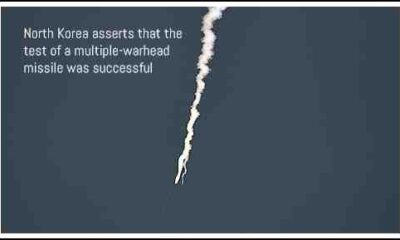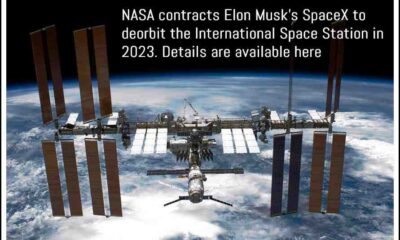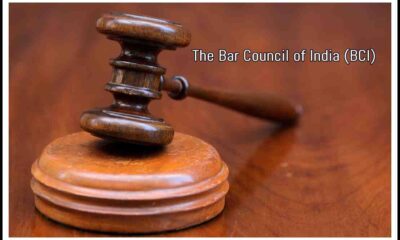Science –Technology
Exploring the Uncharted Waters: International Seabed Authority and Ocean Mining
Published
1 year agoon

Ocean mining is governed by the International Seabed Authority.
Over 70% of the earth’s surface is made up of the vast ocean floor, which is still largely unexplored and underutilised. In order to oversee and control the exploration and exploitation of mineral resources discovered in international waters outside the exclusive economic zones of its 167 member countries, the International Seabed Authority (ISA) was established in 1994. (EEZ). Jamaica is home to the ISA’s main office.
Ocean Mining Permit Applications Will Open in 2023
The ISA will start accepting applications for permits from businesses looking to mine minerals from the ocen floor in July 2023. Cobalt, copper, nickel, and manganese are a few of the valuable materials that can be obtained through undersea mining. Despite the ISA’s power to issue permits, the absence of a clear mining code has made the permit review procedure unclear.
Read Also:- Application Window for CUET-UG To Reopen For 3 Days, No Change To Syllabus.
The Allure of Polymetallic Nodules to Mining Companies
Polymetallic nodules, which are potato-sized rocks, can be found on the ocean floor at depths ranging from 4 to 6 kilometres. These nodules contain high concentrations of minerals such as nickel, copper, and manganese, making them an appealing target for mining companies.
Ocean use is governed by the UN Convention on the Law of the Sea.
The ISA was established by the UN Convention on the Law of the Sea, which also provided the guidelines for managing and using the ocans. The convention establishes standards for the management of marine natural resources, environmental protection, and businesses engaged in ocean-related activities while outlining nations’ rights and obligations with regard to ocean use. The 167 nations that make up the ISA are required to abide by its rules and regulations.
Debating an Ocean Floor Mining Code
The ISA hasn’t produced a mining code despite discussions going back almost ten years. Companies looking to explore and mine minerals on the ocean floor would have clear guidelines to follow thanks to the mining code. Due to worries about possible environmental effects of deep-sea mining, the process has been challenging.
Some ISA council members have called for a moratorium on industrial mining, citing the potential harm to marine life and ecosystems as well as the significance of deep-sea ecosystems in climate regulation. While some nations, such as Nauru, have pushed for the adoption of a mining code within two years to ensure responsible ocean resource use, Canada, Australia, and Belgium have highlighted the need for strict environmental regulations and caution before allowing industrial mining.
Credent TV Editorial Team

You may like
-


North Korea asserts that the test of a multiple-warhead missile was successful
-


The Student Wing of Congress storms the Exam Body NTA office and locks it from within
-


“During President Murmu’s address to Parliament, PM Modi was shown 73 times, and LoP Rahul Gandhi was shown six times”: Congress
-


NASA contracts Elon Musk’s SpaceX to deorbit the International Space Station in 2023.
-


A Caution For The CBI In The Delhi Court’s Arvind Kejriwal Custody Order
-


Bar Council of India requests that bar associations abstain from demonstrating in opposition to new criminal laws
